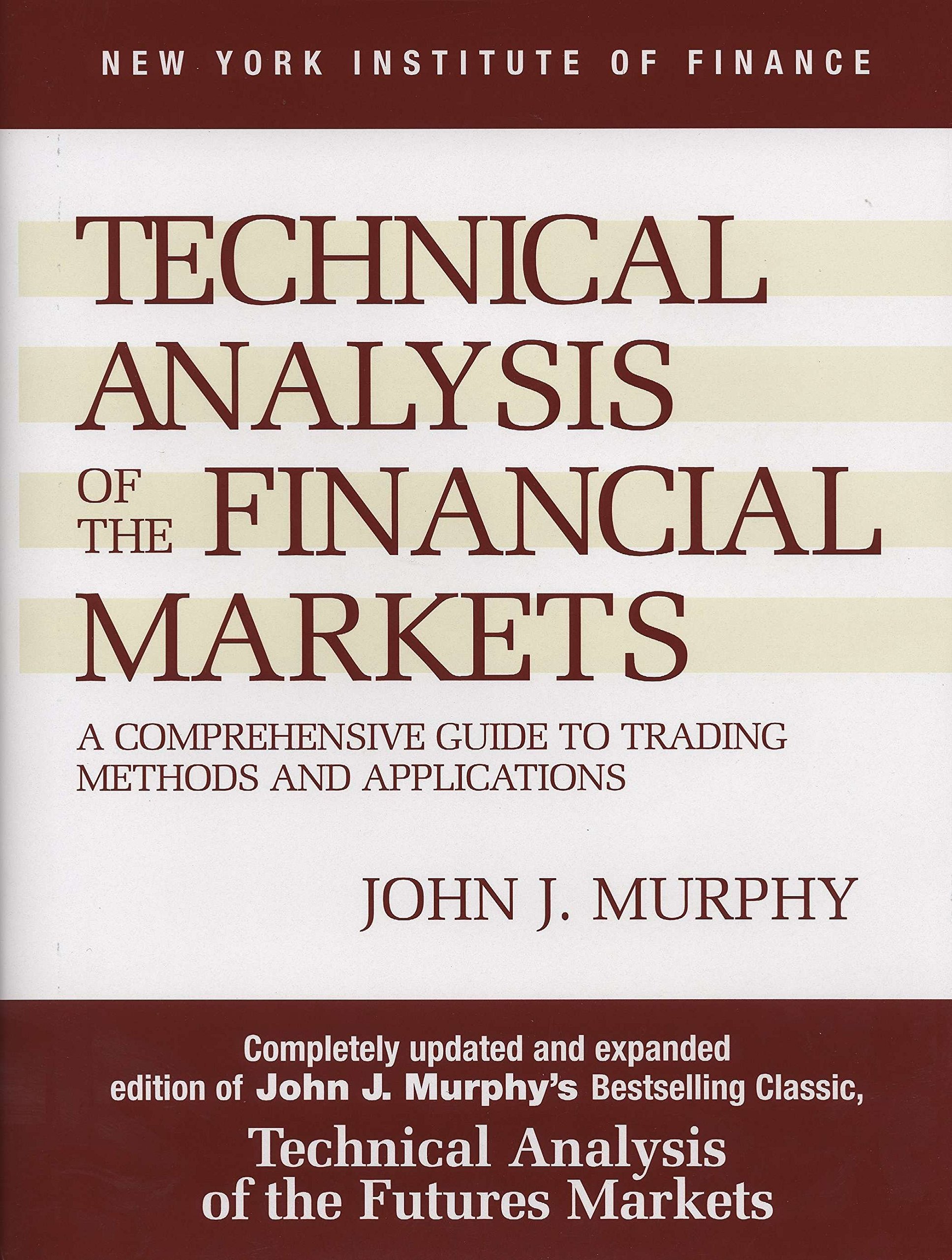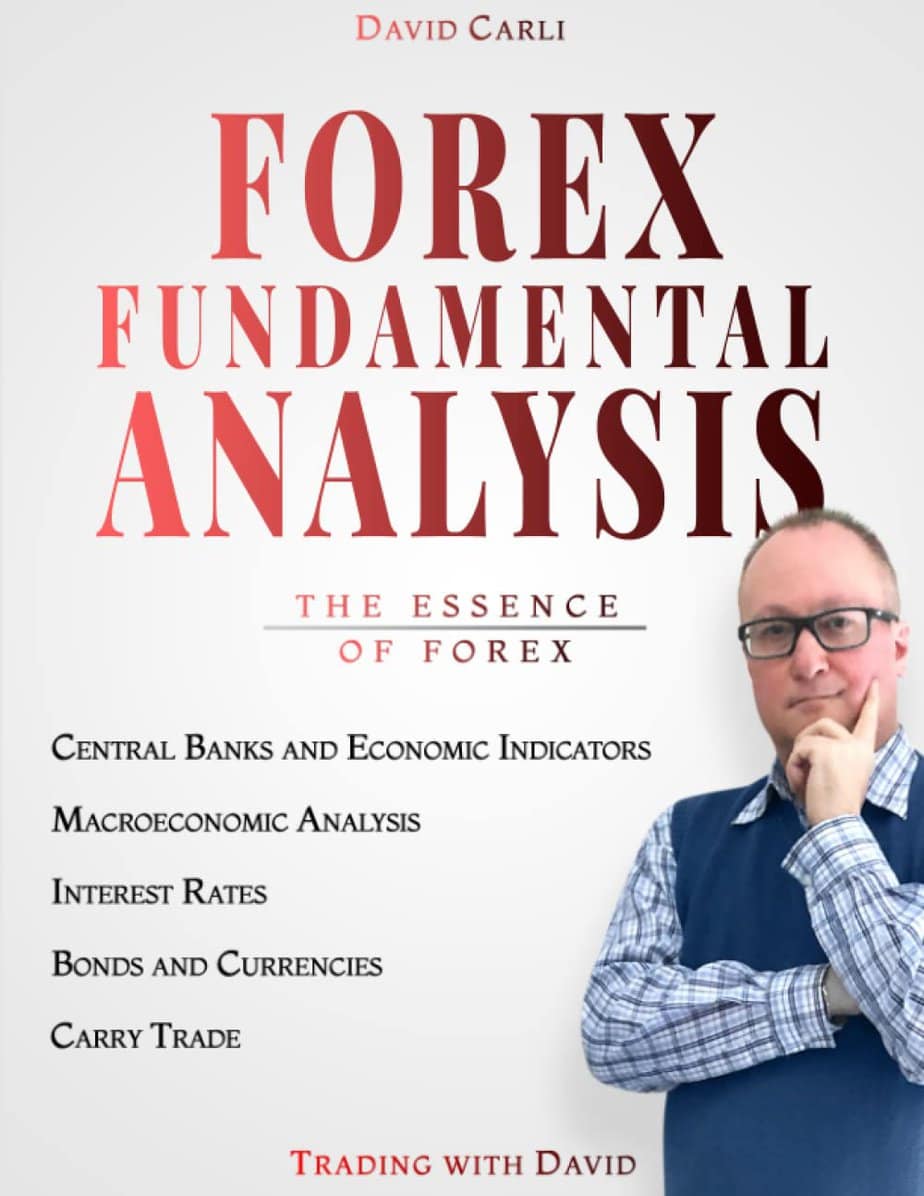The depth and breadth of knowledge required for true expertise can be overwhelming, necessitating sustained effort over extended periods. Yet, the dawn of the digital age has ushered in a transformative shift. Basic concepts and foundational information are now more accessible and can be grasped swiftly, thanks to many online resources and tools. Thus, while comprehensive understanding remains a long-term pursuit, initial onboarding has become significantly more expedited.
But let us see how much time you need to learn forex trading.
How Long Does It Take to Learn Forex?
You need two weeks to learn the basic forex technical analysis process and two weeks to learn foreign fundamental markets analysis. Therefore, the fast-learning trader can learn basic forex theory for at least one month. However, you will need months and years to practice forex trading, learn risk management and advanced theory, and backtest strategies.
The time required to learn forex trading is influenced by individual commitment, available study time, prior trading experience, and inherent aptitude. More remarkable dedication and natural ability can expedite the learning process, while limited time and lack of experience might extend it.
Learning skills is always a slow process where you must make mistakes to improve yourself and become better. Every trader blows some account in life, either in big companies (believe me).
I needed 12 months to learn forex trading and fundamental analysis. However, the fastest learners I met learned basic technical and fundamental analysis in just one month. Of course, without skill practice, just basic theory.
Beginner traders can learn in one up to several months basic forex theory that implies:
- Technical Analysis Skills:
- Chart Reading: Understanding different candlestick, bar, and line charts.
- Support and Resistance: Identifying key levels where the market finds support or resistance.
- Technical Indicators: Mastery of indicators like Moving Averages, RSI, MACD, Stochastics, etc.
- Chart Patterns: Recognizing and interpreting patterns like Head and Shoulders, Double Top/Bottom, Triangles, etc.
- Trend Analysis: Identifying and trading with the prevailing market trend.
- Fibonacci Levels: Using Fibonacci retracement and extension levels to predict potential pivot points.
- Fundamental Analysis Skills:
- Economic Indicators: Understanding major economic indicators and their impact, such as GDP, unemployment rates, inflation rates, etc.
- Central Bank Decisions: Keeping track of interest rate decisions, quantitative easing policies, and other central bank actions.
- Geopolitical Events: Monitoring geopolitical tensions, elections, and other events that can impact currency values.
- News Trading: Ability to interpret and trade based on news releases.
- Economic Calendar: Using an economic calendar to prepare for significant events and releases.
- Trading Psychology:
- Risk Management: Setting stop losses, determining position size, and understanding the risk-reward ratio.
- Emotional Discipline: Keeping emotions like fear and greed in check.
- Patience: Waiting for the right trading opportunities rather than forcing trades.
- Stress Management: Coping with losses or prolonged drawdown periods without making impulsive decisions.
- Confidence: Trusting in one’s strategy and analysis without second-guessing.
- Practical Trading Skills:
- Broker Platform Mastery: Familiarity with the trading platform you are using, including order types and tools available.
- Backtesting: Testing your strategy on historical data to evaluate its effectiveness.
- Journaling: Keeping a detailed record of all trades, including reasoning, outcome, and lessons learned.
- Review & Adjustment: Periodically reviewing and adjusting strategies based on performance and changing market conditions.
- Risk and Money Management:
- Leverage Understanding: Recognizing the benefits and dangers of using leverage in forex trading.
- Capital Allocation: Deciding how much of your capital to allocate to a single trade.
- Diversification: Not putting all your eggs in one basket, especially if trading multiple currency pairs.
- Continuous Learning and Development:
- Staying Updated: Regularly updating oneself about the latest market trends, technologies, and trading strategies.
- Seeking Feedback: Engaging in trading communities and seeking feedback on your strategies and trades.
- Self-assessment: Regularly reviewing your trading performance and identifying areas for improvement.
The best Book where traders can learn technical analysis is John J. Murphy’s book “Technical Analysis of the Financial Markets”.For me,this is a classic reference for traders and investors looking to understand the fundamentals of technical analysis.

John J. Murphy’s “Technical Analysis of the Financial Markets” stands as a seminal work in modern technical analysis. It is a comprehensive guide, introducing readers to the concepts behind chart patterns, indicators, and intermarket analysis. Written clearly, Murphy provides practical insights for both novices and seasoned traders.
The Book’s strength lies in its detailed illustrations and real-world examples, making complex ideas more digestible. Its pages emphasize the importance of combining technical analysis with other methods for optimal trading decisions. Beyond traditional stock markets, it also touches upon futures, fixed-income securities, and foreign exchange. Murphy’s Book remains an indispensable resource for anyone seeking to understand the pulse of financial markets through charts and indicators. It educates and equips traders with tools to navigate the turbulent waters of the market effectively.
Best Book to learn Forex Fundamental Analysis
David Carly’s book “

David Carli’s “Forex with Fundamental Analysis – The Essence of Forex” introduces traders to a unique approach beyond conventional chart patterns. Emphasizing the motivations driving market movements, Carli delves deep into the psyche of key market players, underscoring the pivotal role of central banks’ monetary policies.
The Book underscores the importance of bond yields, illuminating how they steer currency direction through capital flows. It also unveils time-tested strategies, highlighting risk-free profit methods during financial uncertainties. Novice traders will find a roadmap to professional trading, while unsatisfied and losing traders are offered transformative insights. Key takeaways include understanding the true essence of Forex, mastering comprehensive currency analysis, and optimizing trading odds.
Moreover, Carli touches on commodity spread trading, highlighting its seasonality advantage and offering a methodological approach for its analysis. This Book is a treasure trove for anyone seeking to elevate their Forex and commodity trading acumen.
Conclusion
Forex trading is a skill you can begin to learn in a month. This first month covers the basics of how it works. But there’s a lot more to it than just the basics. To become good at it, you need a lot of practice. Deep concepts and strategies take time to master. Risk management is also crucial. Overall, you’ll likely need about a year to be confident and skilled in forex trading. So, it’s a journey that starts fast but needs time for mastery.
























